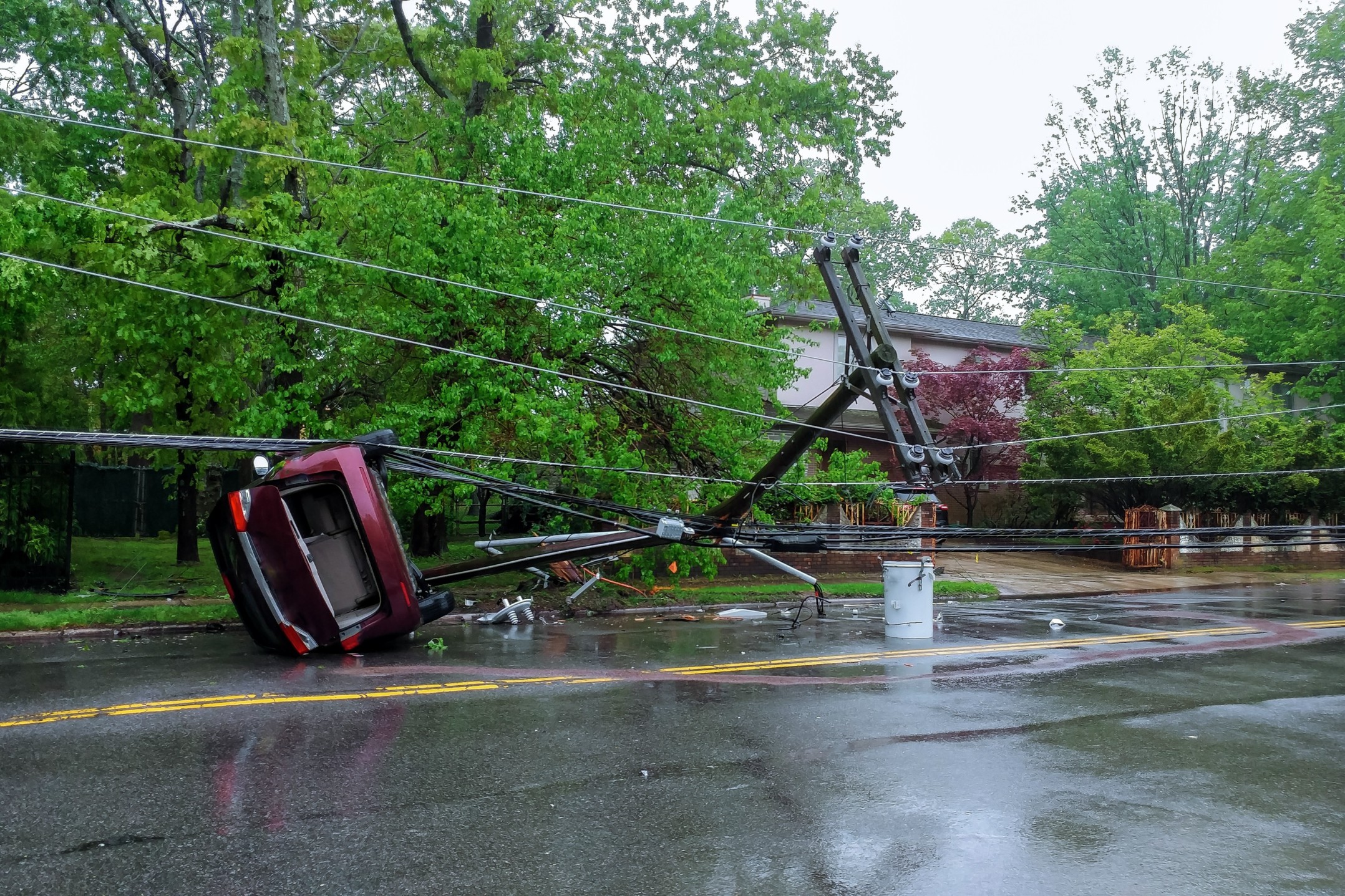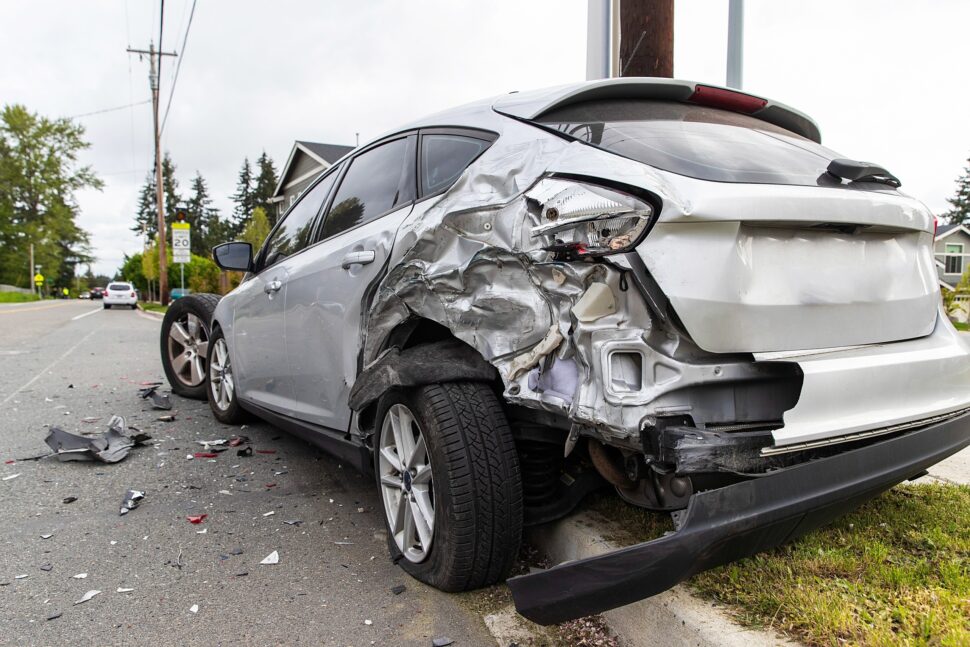The Problem of Multiple Liable Parties in Car Accident Cases – Guest Post

With various factors contributing to the occurrence of accidents, car accident cases often have multiple liable parties. Apart from the driver, who is often the main liable party, car manufacturers or car parts dealers and government agencies responsible for maintaining roads may bear liability. When involved in a car accident that has multiple liable parties, navigating the case often becomes a major problem. This problem may manifest in different ways, some of which are discussed below:
Establishing each party’s degree of fault:
When different parties are liable in a car accident, each of the parties has a different degree of fault. For example, an accident could occur when a driver was speeding while there were no clear road signs indicating a sharp bend ahead. In such a case, it becomes a challenge to determine the extent to which the driver and the government’s road maintenance agency caused the accident. In various jurisdictions, there are no clear standards to determine an individual party’s portion of liability.
Conflicting interests among liable parties:
It is common experience to have each party try to shift blame to the other in an effort to reduce their portion of liability. For instance, it is common for car manufacturers or car parts dealers to shift the blame to drivers, who also try to shift blame to government agencies. The effect of this happening is that the case will take longer than normal to have justice served to the victims.
Protracted and costly legal process:
When multiple defendants are involved in a car accident case, the legal proceedings generally take longer than expected. For instance, there will be more court appearance sessions as well as longer discovery and depositions. As a result, all the parties involved in the case end up spending in terms of legal fees. In addition to this, it will take much longer to arrive at a resolution.
Collecting compensation:
At the end of a car accident case, the best language that any victim would like to hear is favorable compensation for the damages and losses incurred. Although the court may pronounce compensation to be given to the victim as an indication of a legal battle won, the real war could be far from won. For instance, another major battle could be over how to collect that compensation from multiple parties involved. In some situations, some parties may lack the financial resources to cover their share of damage. This ends up delaying the process of collecting compensation or placing a greater burden of compensation on the other parties.
Emotional toll:
Victims of car accidents suffer more emotional distress because their cases have to take longer than expected to be resolved. When there are multiple parties involved in a case, the level of uncertainty regarding the outcome of the case increases. These uncertainties often take a toll on the wellbeing of the victims, considering they are already dealing with the aftermath of a traumatic event. Justice and closure of a car accident case play a significant role in the healing process of victims. Therefore, delayed justice negatively impacts the victims’ healing process by worsening their emotional distress.
Conclusion
Navigating a car accident case that has multiple liable parties poses a number of problems for the victims. Key among these challenges is that it becomes quite a challenge to establish the degree of fault of each of the parties. Most legal jurisdictions lack clear standards on how to separate and assign different portions of liability to different parties. Conflicting interests among the liable parties also pose a major challenge. It is common for the parties to keep shifting blame to one another, something that leads to delaying the process of arriving at a resolution. Additionally, collecting fair compensation, the protracted and costly legal process, and the emotional toll on victims are among the challenges associated with car accident cases involving multiple liable parties.

